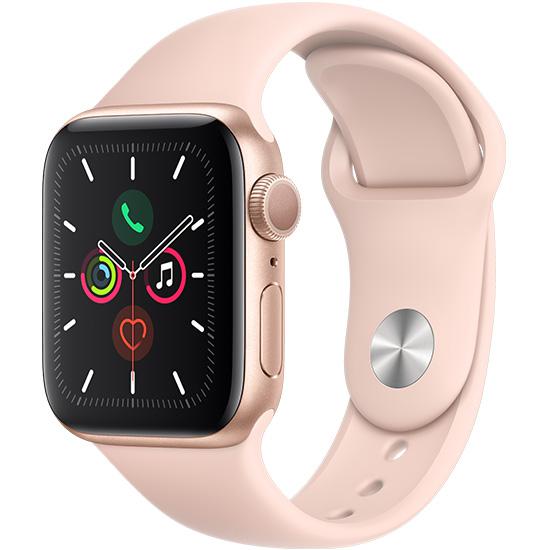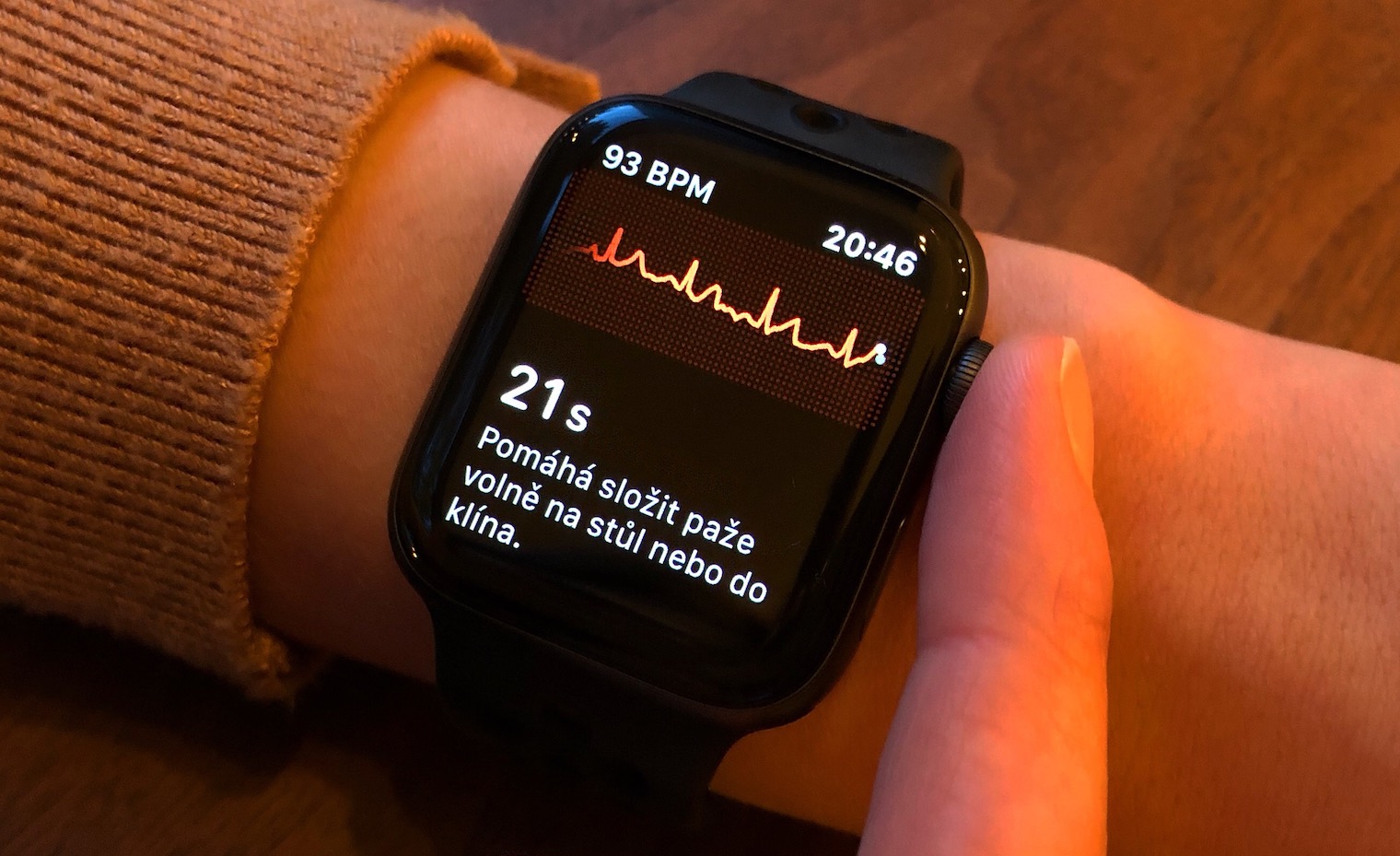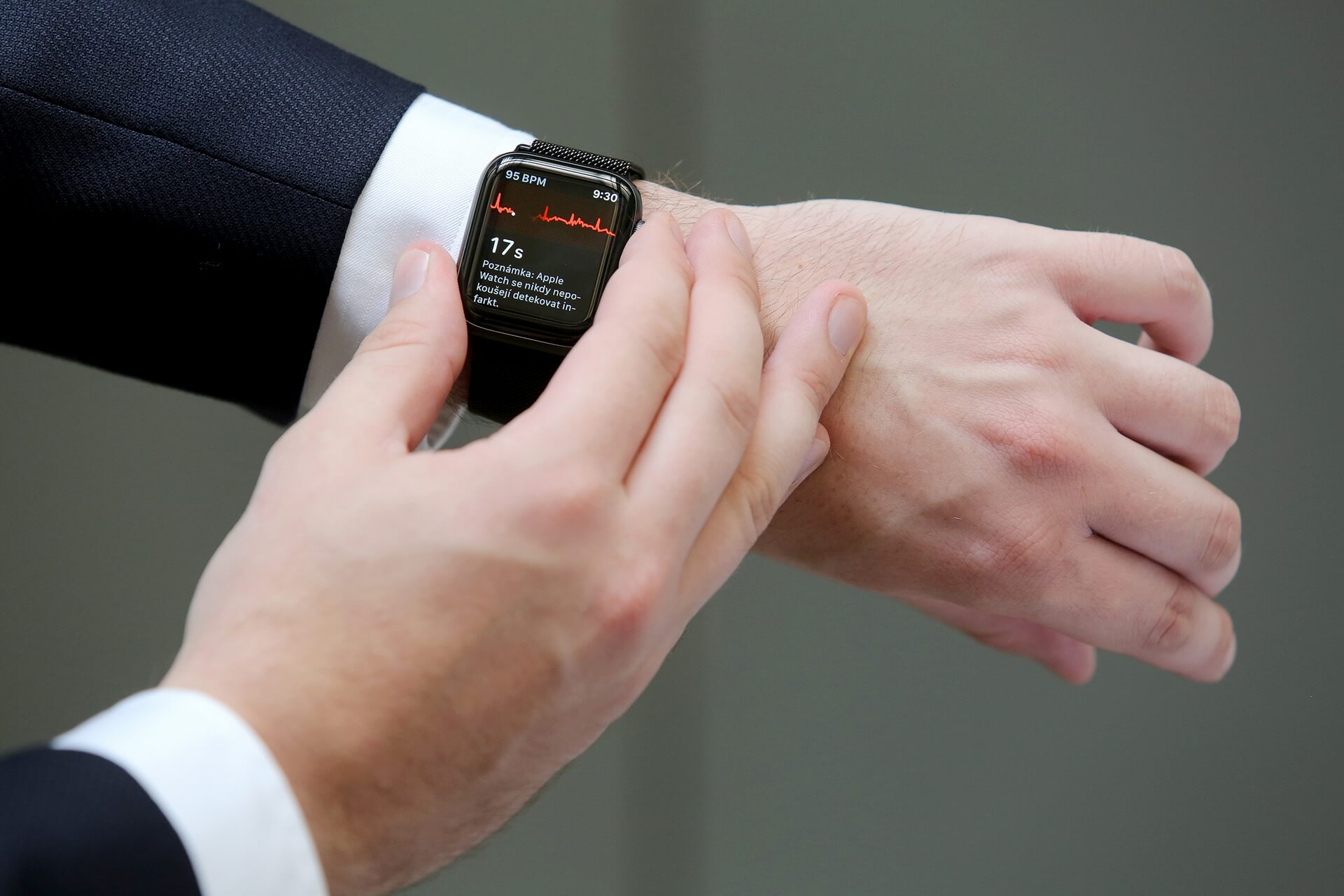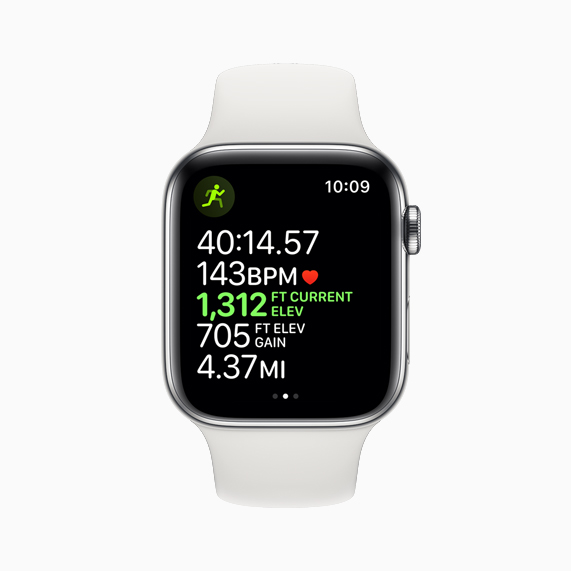Apple takes its commitment to user health very seriously. It recently teamed up with Johnson & Johnson to launch a study that could make the Apple Watch an even more effective tool for monitoring human health and prevention. Smart watches from Apple already have the ability to detect potential atrial fibrillation. Their other potential function is to be built on this ability – the recognition of an impending stroke.
It could be interest you
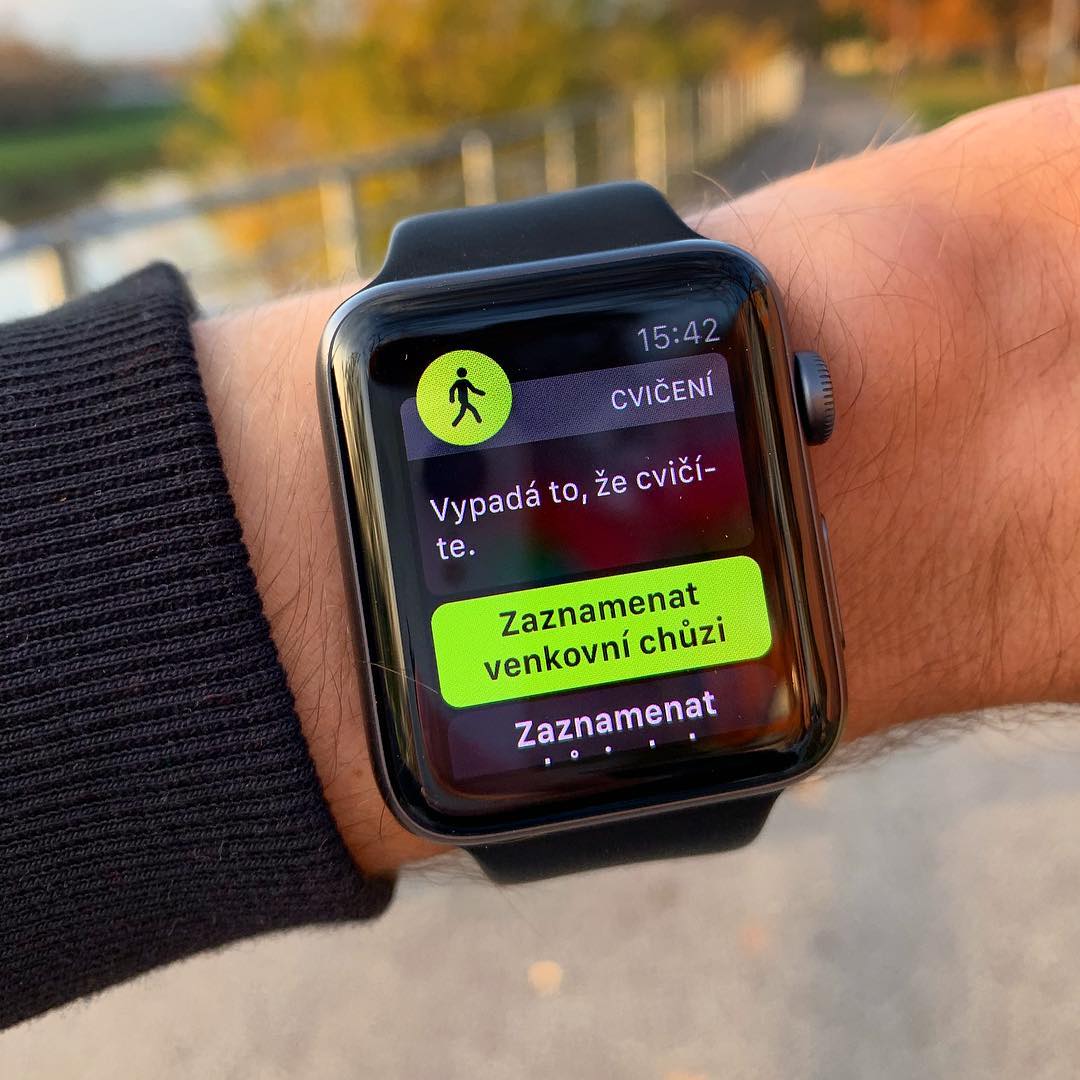
The program, called the Heartline Study, is open to Apple Watch owners in the United States who are over the age of sixty-five. Study participants will first receive tips on proper and healthy sleep, fitness habits and a healthy lifestyle, and as part of the program they will have to participate in a series of activities and complete numerous questionnaires for which they will receive plus points. According to Johnson & Johnson, after the end of the study, these can be converted into a monetary reward of a possible amount of up to 150 dollars (approximately 3500 crowns in conversion).
But more important than the financial reward is the potential impact of participation in this study on the health of the participants, as well as the benefit of their participation on the health of all other users who may be potentially at risk of stroke. Up to 30% of patients are said to have no idea they have atrial fibrillation until they have a serious complication, such as the aforementioned stroke. The goal of the study is to reduce this percentage by analyzing the heartbeat through the ECG function with the relevant sensors in the Apple Watch.
"The Heartline Study will provide a deeper understanding of how our technology could benefit science," said Myoung Cha, who leads Apple's strategic health initiatives team. He also adds that the study could have a positive benefit in the form of an effect on reducing the risk of stroke.
